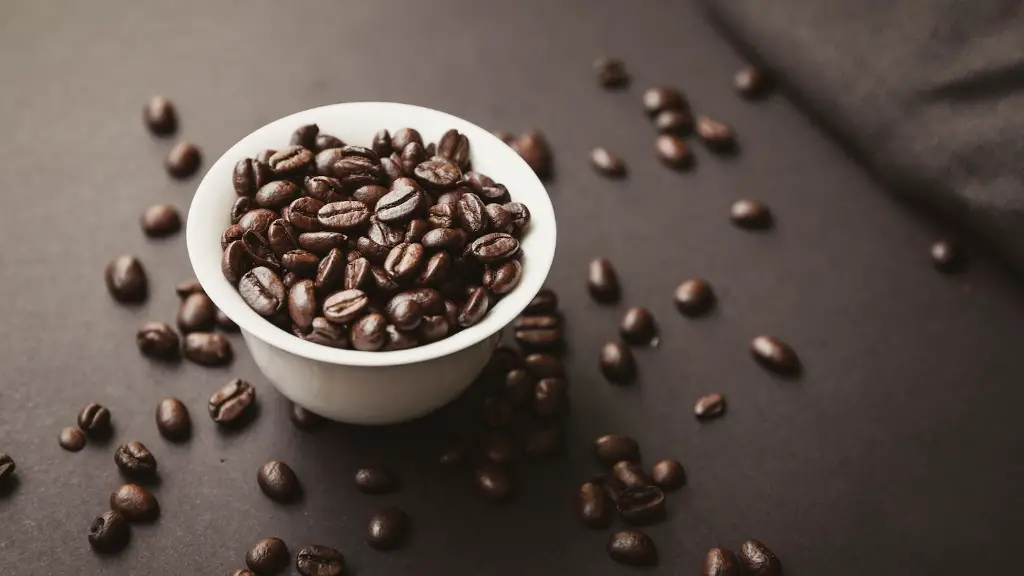Cardiac Related Conditions
Coffee, popularly enjoyed by many of us all over the world, has been linked to both health and lifestyle benefits. Commonly believed to improve mental alertness, there are however scientific non-evidences regarding the impact of caffeinated drinks on heart health. It is important to be aware of the potential benefits, risks and implications drinking coffee when wearing a holter monitor.
Holter monitors are used to record heart activity over a few hours, days or even weeks and generally prescribed for those with symptoms such as shortness of breath or chest pains. This simple and non-invasive procedure is used to provide an insightful view into a person’s cardiac health. Coffee consumption has been researched countless times, often with inconclusive results, bringing into question its impact on the heart during a holter monitor check.
The Controversial Compounds
Caffeine found in many major energy drinks, as well as naturally occurring in beans is the main stimulant. It directly interacts with the nerves, stimulating and sustaining alertness. On the other hand, it has been known to drain calcium from the cells and therefore could potentially increase the risk of irregular heart palpitations. Sophisticated studies, interlink the use of caffeine to the disruption of the natural rhythm of the heart and other associated counter effects.
The truth is that nobody really knows for sure the exact impact of caffeine on the heart during a holter monitor. It is for that reason that experts implore patients engaging in such tests to carefully consider their dietary intake and caffeine consumption (for standard caffeine drinkers; up to 400mg/day is deemed safe enough).
Considerations & Momentary Alternatives
It is prudent to consider the momentary alternatives to coffee before the test. Oftentimes, the hospital or practitioner that is conducting the test will advise the patient on specifically what beverages are permissible and those not permissible. Surely milk, juices, herbal and decaffeinated drinks are suitable, however, if the said individual is in the habit of taking coffee, it might be wise to temporarily replace that habit with those alternatives aforementioned.
In general it stands that; the abstention of caffeinated drinks prior to the test would ensure that no inaccurately high results are provided. And furthermore reinforce the results with accuracy.
Effects of Withdrawal
It is no surprise that one of the very common side-effect of quitting coffee is withdrawal, it’s a severe reaction due to the body’s dependency on caffeine and can cause symptoms such as extreme fatigue, headaches and general malaise. Because of this particular reason, it is recommended to taper down the intake of coffee prior to the test. Easing off the drink gradually should help minimize the long-term effects of the related withdrawal.
Alternative Health Techniques
Though avoiding caffeinated drinks prior to the performance of the holter monitor may be wise, there are other techniques that can be employed to get prepared for such test. Eating healthy (whole/real food), staying hydrated, as well as getting sufficient rest can go a long way in the efficient regulation of strength and endurance during the test, and even go a little way in the regulation of heart rate.
Reflection and Subsequent Actions
At the end of the test, and depending on the results, other precautions may be necessary. If the results come back with abnormalities, the results also dictate and consequently recommend any necessary care or further instruction to follow. For some people, further tests or stricter health practices may be necessary to sustain a healthy cardiovascular system and a regular heart rate.
Lack of Evidence
Though the association between coffee consumption and holter monitors is highly contested, the opinion of many researchers is that the link between the two has yet to be properly established. One study even concluded that the consumption of coffee within the safe limits of 400mg/day is likely harmless due to its short consumption duration.
For some, the results of coffee consumption during a holter monitor remain inconclusive. Without any conclusive evidence to suggest, it is therefore best that coffee-drinkers consider cutting it out prior to the test, with little effort replacing coffee with alternatives and of course drinking coffee prior to, and after the test within 400mg/day.
Impact on Anxiety
A Holter monitor test can come with its own levels of anxiety, and those anxious feelings may be increased by the uneasy feeling of relying on caffeine and it’s effects on the heart rate. However given that some sources claim its effects to be mild, the anxiety throughout the test can be minimized.
Caffeine has been associated with increased cognitive performance as well as elevated dopamine and serotonin levels, as a result it is often used to reduce levels of stress, improve mood and combat fatigue. Nowadays there are many methods out there that can be used to get through a stressful situation without the use of caffeine, such as mindful meditation and breathing exercises that can both bring about a decrease in feelings of anxiety.
Pros & Cons
Drinking coffee before a Holter monitor test does pose some potential health risks, however it is also important to factor in the pros to ascertain the right course of action. The pros include the potential improvement of focus and a feeling of alertness and energization. The cons may include a lack of rest and an irregular heart palpitations/heartbeat due to the interaction of caffeine and the void of calcium within the cells.
Experts’ Points-of-View
The take-home message here is that the decision to drink coffee while wearing a holter monitor should not be taken lightly and can even depend on the individual’s willingness to take the gamble. Many experts claim that the risk of losing accuracy in the results could be greater, as caffeine could potentially influence e.g an elevated heart rate, further obscuring the interpretation of the test results.
It is also worth noting that if symptoms such as chest pain or breathing distress is exhibited, an urgent need for medical attention could be required, thus the results of the Holter monitor test are crucial in medical management.
Takeaway Advice
Though the overall verdict on the combination of coffee and Holter monitors is still inconclusive, it is still wise and advisable to substitute coffee with any of its alternatives. Because, as with all things, moderation is key. This means reducing the intake of coffee prior to the test and having the self-restraint to not indulge in coffee consumption during the test. Afterall, having a positive mindset, being relaxed and taking the test seriously is paramount for a successful result.


